Green and Growing
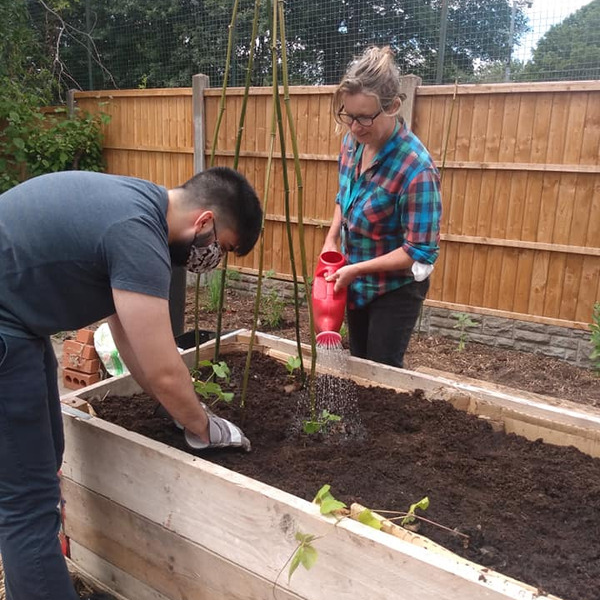
At The Active Wellbeing Society, we support communities to take ownership over green space, particularly the informal, in-between places: the patches of land at the end of the street, the verges and alleyways.
We work with communities and landowners, such as local councils and housing associations, to reimagine what the spaces around them could be like – from residential roads, to patches of disused land, parks to carparking spaces, and community gardens – and we work together to reclaim these spaces for community benefit, making neighbourhoods feel cleaner, greener and safer.
We believe in reclaiming Birmingham’s green spaces- taking back abandoned urban space, overgrown community gardens, underused parks and turn them into safe green spaces that are inviting, provide a purpose, and can bring the community together.
Find out more and get involved
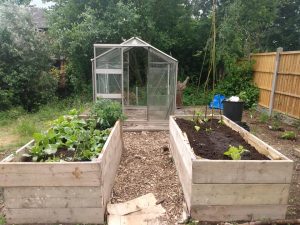
All Saints Community Garden
We host weekly growing and gardening sessions using the outdoor space at our Community Cafe. If you’d like to get involved and volunteer with us, find out more here.
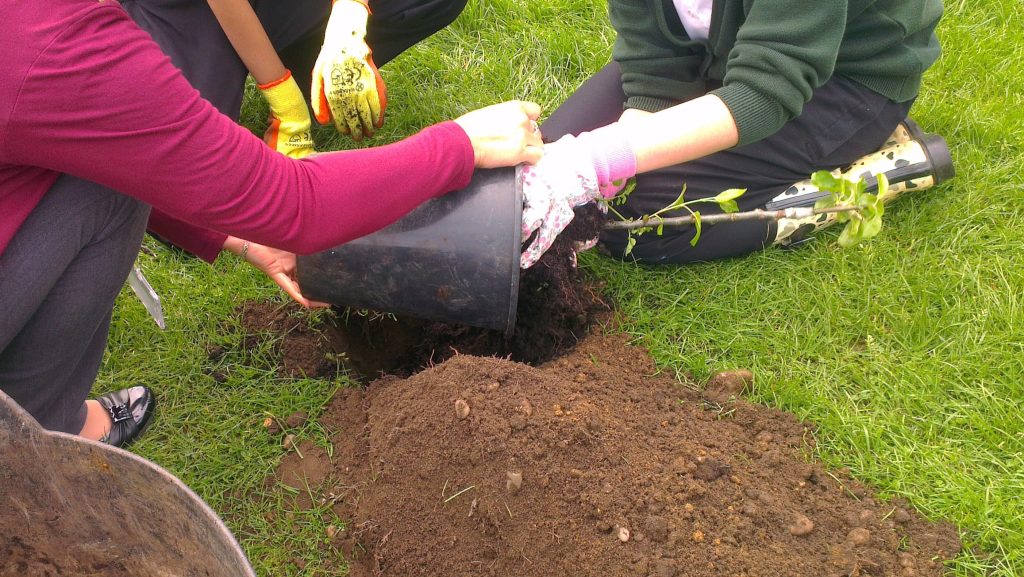
Community Growing Projects
We support communities with gardening and growing projects across the city. Stay tuned to learn more about the projects!
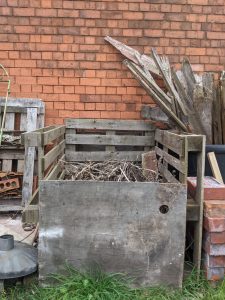
Compost Cultures
We are working with partner organisations to set up community-accessible compost demonstration sites to deliver composting workshops with communities. Read more about the project below.
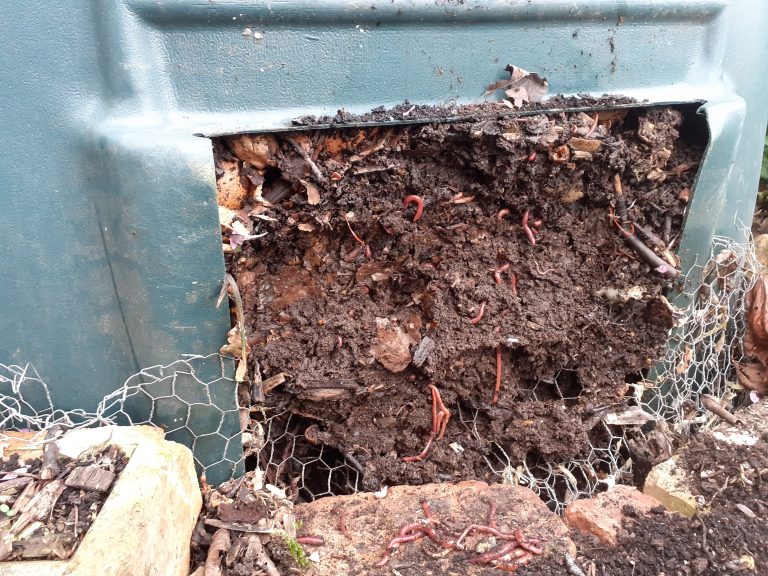
What is Compost Cultures?
TAWS have partnered with Incredible Surplus on this exciting project to build links with community gardens and growing projects, supporting them to activate more composting with their local networks.
The Compost Cultures project involves delivering composting workshops to groups and training local volunteers and staff members to become Compost Champions who can pass on knowledge and skills to others.
Workshops will also be delivered at community cafes, schools and allotments!
The project aims to build momentum across the city to move from a culture of throwing away food waste to one where organic matter is seen as a valuable resource.

